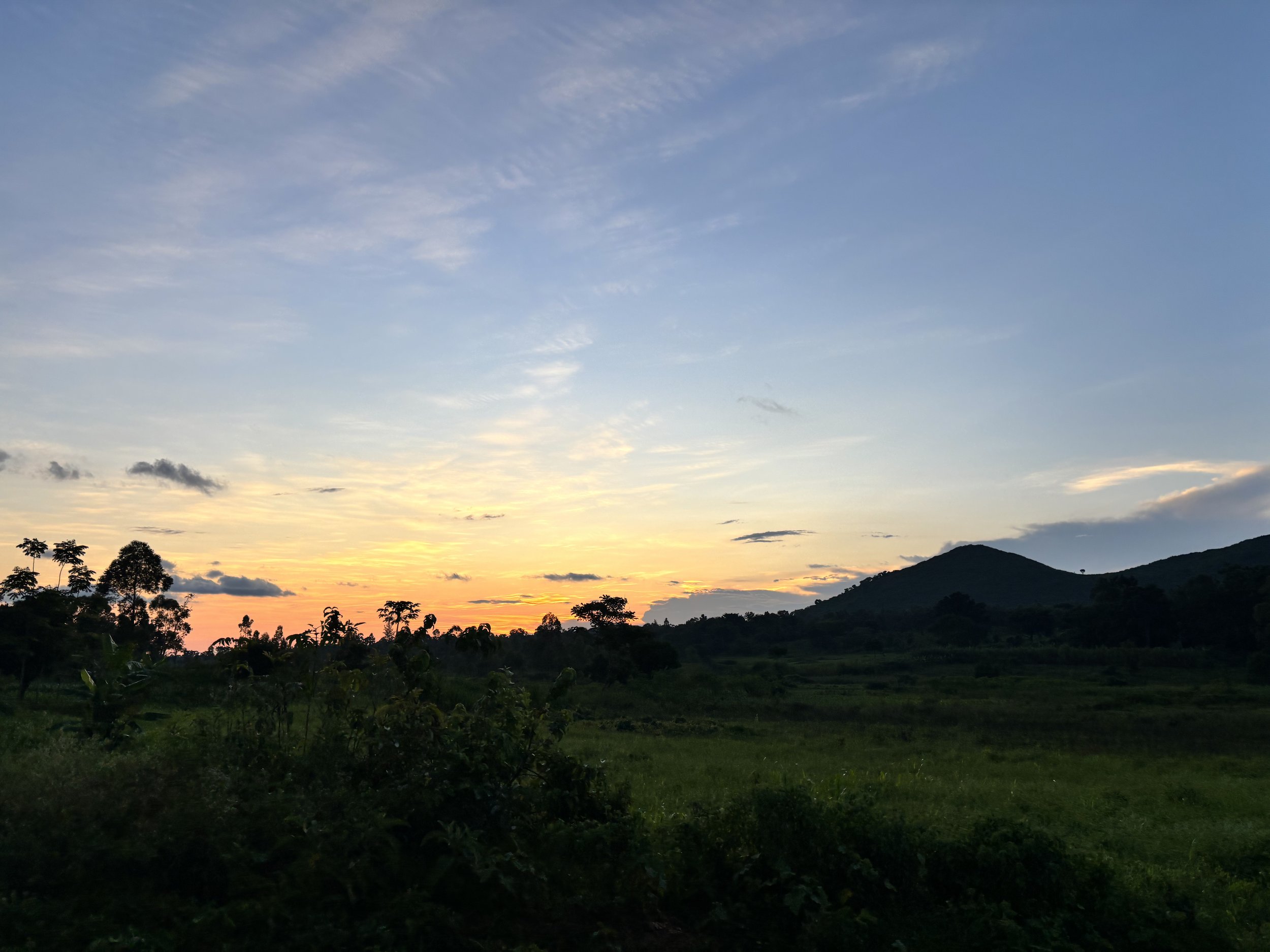
Wakhungu Primary School
Wakhungu Dispensary
Wakhungu Primary School is a public mixed (boys and girls) learning institution located in Odiado, Funyula, Kenya. It has a population of about 700 students. The ratio of students to teachers is 70;1, with classrooms having a capacity of about 80-90 students. Under the leadership of Mr Ojiambo, the institution grapples with several challenges including a shortage of teachers, infrastructure as well as high poverty levels within the region.
We had a chance to talk to the girls from grades 4, 5, 6, 7 and 8. Our discussions were centered around general hygiene, mental health awareness as well as menstrual hygiene. It came to our attention that most of these young girls did shy away from speaking about some of these issues (eg. mental health and menstrual hygiene) simply because these topics seemed alien. Of course, this is despite the fact that the students face them almost daily. It was clear that they had not been sensitized enough about some of these issues, explaining the hesitancy and fear. We distributed a total of 300 sanitary towels, underwear for the girls, toothbrushes, and crayons, among others. We hope that moving forward, more sensitization can be done especially to these rural underserved areas, and more resources allocated to help with good health care. We would continue to see this two-fold (material and educational) deficiency in further primary school visits.
During our visit, we also got an opportunity to go to Wakhungu Dispensary. Wakhungu Dispensary is in Odiado, Funyula constituency, and serves over one thousand households across seven villages. To our utmost shock, the facility was closed due to the county government doctors and nurses' strike. Despite the surprise, we reasoned the strike was a part of the larger, country-wide healthcare strike that took place during our visit.
Kenya is at the forefront of advocating for universal health coverage but with such cases as Wakhungu, the goal of attaining better health services is crippled. We are thus left to wonder what happens to the community. One of the villagers commented that, although the dispensary has a maternity wing that provides antenatal care services, many teenage mothers opt for traditional means of delivery because of the cost incurred. This has led to an increase in child mortality as well as complications that arise from pregnancy. This is in line with our previous analyses on Kenya and maternal health.
The resident nurse also commented that there is a severe shortage of staff and equipment, and a significant need for expansion of the facility to cater to the rising local population. She faulted the county government for poor budgetary allocation, as well as corruption that has prevented proper health care service delivery.